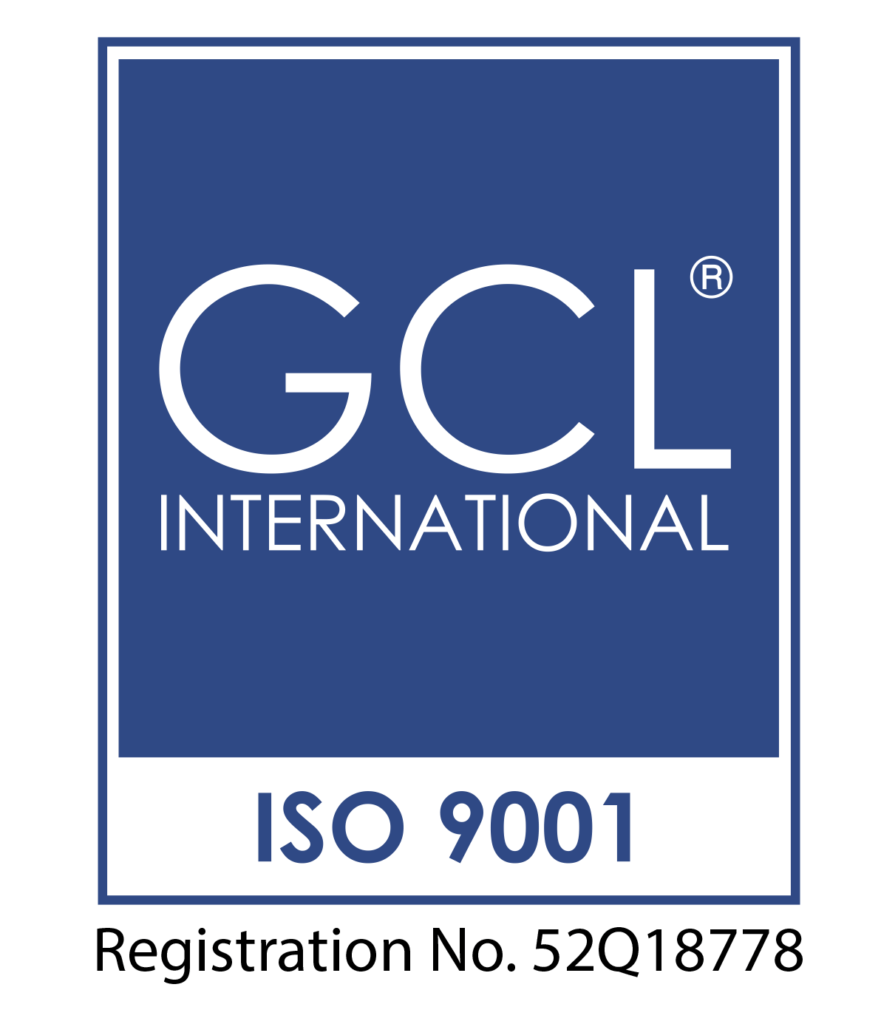Nurses and healthcare professionals convened to discuss the importance of risk communication and care for the elderly in the onslaught of Coronavirus Disease 2019 (COVID-19) pandemic during the 9th session of Higher Education Connect (HEdConnect).
HEdConnect 9 with the theme Convergence of Nursing Viewpoints, Experiences, Nurturance, and Engagement (CONVENE) was held last November 27, 2020, via Zoom and was live-streamed at the Cebu Normal University (CNU) Facebook account.
The international webinar was organized by the CNU College of Nursing (CN) in collaboration with the Research Institute for Ageing and Health (RIAH), CNU Nightingale Student Council, and Central Visayas Consortium for Health Research and Development.
Dr. Emiliano Ian Suson II, CNU-CN Dean, said that he hopes the webinar will be an opportunity for nurses and healthcare professionals to inspire each other and continue to advance in the nursing profession and practice.
Mrs. Jillian Bejoc, CNU-CN Research Coordinator and RIAH Division Chair said that the HEdConnect 9 is a prelude to the upcoming 10th International Conference of Nurses (ICONS) on May 2021 with the same goal of providing an avenue for nurses across different fields to share the best practices in the academe, clinical practice, and in research.
Dr. Napoleon Juanillo Jr., Founder and CEO of the Institution for Research, Innovation, and Scholarship (IRIS); and Dr. Rick Yu Cho Kwan, Assistant Professor of The Hong Kong Polytechnic University School of Nursing were invited as keynote speakers of the webinar.
Juanillo discussed on Communicating in the Pandemic, while Kwan shared on Nurses’ Role in the Health of Older People amid COVID-19 Pandemic.
Juanillo emphasized the importance of effective communication anchored on strong and sound evidence that can be understood by different audiences or social classes to prevent the spread of the disease.
He said that it is somehow incumbent for health professionals to reflect on their role as primary messengers in disseminating information to the public to continuously earn the public’s trust.
He shared that empathy and making the public understand complex ideas through platforms that have a wide reach, and following risk communication principles are ways to effectively communicate to the general public in times of crisis.
Kwan on the other hand shared a study that the elderly are more vulnerable to COVID-19 and said that physical activity and socialization through the use of digital media are ways to keep older people from being depressed.
He shared that the strong belief in disease severity and better efficacy on the use of face masks would encourage the elderly to practice precautionary measures to prevent them from acquiring the virus.
He encouraged nurses to promote health literacy and continue giving medical and nursing services to the elderly online as some ways to assist them in this time of the pandemic. (JDF)




